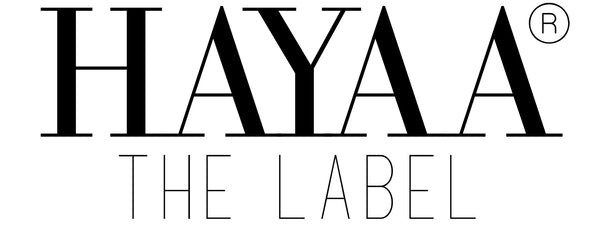Maintaining beautiful, healthy hair is essential, especially for hijabis who may face challenges due to the constant covering. In Part 1, we explored the basics of hijabi hair care. Now, in Part 2, we delve deeper into specific tips and practices that not only ensure hair health but also align with Islamic teachings. Let's uncover the secrets to luxurious hair care tailored for hijabis.
Incorporating Islamic Practices in Hair Care
Sunnah of Oiling Hair
One of the most profound practices recommended by the Prophet Muhammad (PBUH) is oiling the hair. This practice is both spiritually fulfilling and scientifically beneficial. Olive oil, highlighted in the Qur'an, is a remarkable natural remedy for hair health. The Prophet (PBUH) would apply oil once a week, starting from the right side of his head and massaging it in circular motions. This method enhances blood circulation in the scalp, promoting hair growth and improving overall hair condition.
Coconut Oil
Coconut oil is another excellent choice for hair care, especially for hijabis. It is lighter than olive oil and can be easily absorbed by the hair shaft. Known for its ability to improve hair shine and texture, coconut oil also combats fungal infections and dandruff. Applying it overnight or for just an hour can provide significant nourishment. For best results, warm the oil slightly before application and use it as a conditioning treatment on wet hair ends.
Black Seed Oil
Blackseed oil has a renowned for its significance in Islam, it is known as the cure for all diseases except death (Sahih Bukhari). In everyday use it can reduces scalp inflammation and promotes hair growth. It is also proven to reduce hair fall and improve hair density.
Using Halal Hair Care Products
Choosing halal-certified hair care products is crucial for ensuring that your hair care routine aligns with Islamic values. These products are free from harmful or haram ingredients, making them safer and more effective for your hair.
Role of Du'a in Personal Care
Incorporating du'a into your hair care routine is a beautiful way to seek Allah's blessings for your health and well-being. It serves as a reminder that taking care of your body is a form of worship.
Hairstyles to Avoid as a Hijabi
Certain hairstyles, while convenient, can be damaging when worn for extended periods:
- Tight Braids (e.g., French braids, Dutch braids) can weaken hair follicles, leading to traction alopecia.
- Buns are popular but can cause excessive hair pulling, hair loss, and headaches. Opt for looser style buns under your hijab instead.
- Styling Products like curling irons and hair mousse can cause hair to become brittle, develop split ends, and weaken follicles when used frequently.
Hair Supplements for Hijabis
Hair supplements can also help with the health of your hair, so to start you off on your journey here are some useful supplements to help guide you:
Biotin:
- An essential vitamin for hair, skin, and nail health.
- Recommended dosage: 30 mcg daily.
Vitamin D3
- Important for hair health, bone strength, and immune system support.
- Obtain through fish, eggs, or supplements, especially in winter.
Iron
- Crucial for carrying oxygen to the scalp and preventing anemia.
- Found in beans, spinach, whole grains, or supplements, particularly important in winter.
Adopting these practices and remedies will significantly enhance your hair health while adhering to Islamic principles. Regular scalp massages, choosing the right oils, and incorporating a balanced diet with appropriate supplements are key steps. Remember, your hair is a crown of glory, and with proper care, it can shine beautifully under your hijab.
